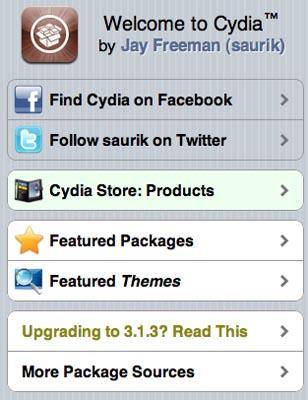
Jailbreaking Apple's iDevices has long been a controversial subject with the company, but now the situation has gotten slightly less sticky. The Library of Congress has just added an exception to the Digital Millenium Copyright Act that allows a user to break the digital rights management, or DRM, on something they already own as long as they don't intent to infringe copyright. What does this mean to the mobile phone world? Jailbreaking/rooting your iPhone or Android device is now A-OK with the government, as long as the software is obtained legally. The wording concerning unlocking devices was also changed, and now includes unlocking via "firmware and software." The excerpt concerning cell phones can be seen below:
Computer programs that enable wireless telephone handsets to execute software applications, where circumvention is accomplished for the sole purpose of enabling interoperability of such applications, when they have been lawfully obtained, with computer programs on the telephone handset.
Now just because jailbreaking is now legal, don't go thinking that Apple is going to start removing protection from their devices or jailbreaking their products for you. Apple just won't be able to sue you if you do end up jailbreaking your iDevice. Engadget also points out that the DMCA still forbids any public distribution of a "technology, product, service, device, component, or part thereof" designed to break access controls, so the iPhone Dev Team still isn't free and clear after today. Still, this is great news for users who want to jailbreak or root their device but were afraid of the consequences. Just be sure to obtain your software legally, everyone!
Via Engadget